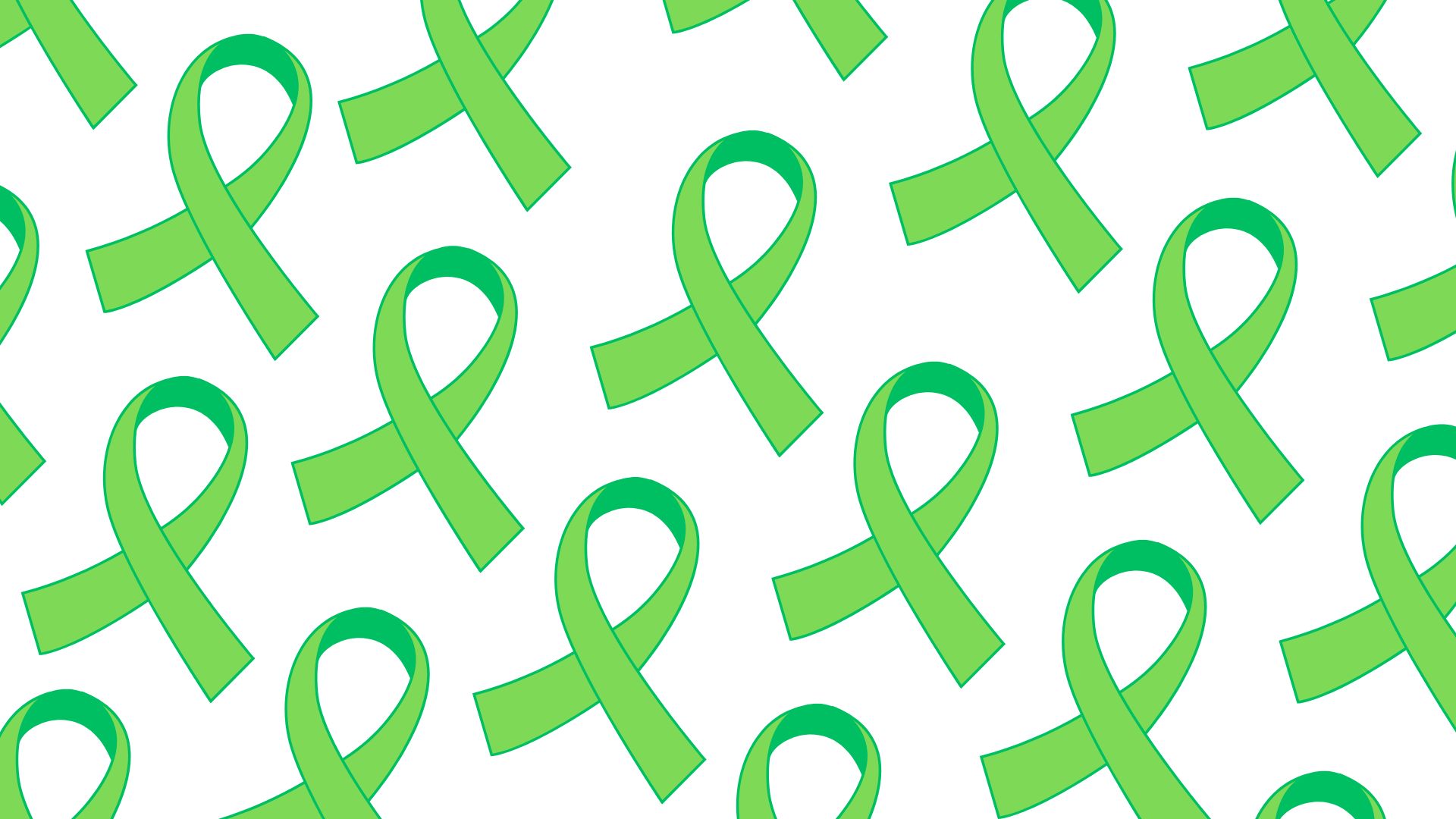Obsessive Compulsive Disorder: The Basics
by Rachel Lysak | March 2024
It is important to understand that OCD is more than just being overly tidy or liking things a certain way. The rituals and behaviors associated with OCD are time-consuming and go well beyond normal day-to-day rituals. People with OCD often recognize that their obsessional thoughts are irrational, but they feel powerless to stop them. They may spend hours performing compulsive behaviors, which can significantly interfere with their personal, social, and professional lives.
Obsessions
Obsessions are intrusive and unwanted thoughts, mental images, or urges that cause a great deal of anxiety or distress. These are not just everyday worries about real-life problems but are often exaggerated fears or concerns that the person may or may not recognize as irrational. Common themes include, but are not limited to, fear of contamination, fear of harming oneself or others, and a need for symmetry or exactness.
Compulsions
Compulsions are repetitive behaviors or mental acts that a person feels driven to perform in response to an obsession or according to rigidly applied rules. The purpose of these compulsions is to reduce the anxiety associated with the obsessions or to prevent some dreaded event or situation, even though these actions are not connected in a realistic way with what they are designed to neutralize or prevent. Common compulsions include excessive hand washing, checking (e.g., that a door is locked), counting, and arranging objects to face a certain way. Unwanted thoughts about self-harm, harming others, or others being harmed can also factor.
Etiology and Treatment
OCD is believed to be caused by a combination of genetic, neurobiological, behavioral, cognitive, and environmental factors. While the exact cause is not fully understood, research has shown that certain areas of the brain function differently in people with OCD.
Treatment for OCD typically involves a combination of medication, such as selective serotonin reuptake inhibitors (SSRIs), and psychotherapy, particularly a type called cognitive-behavioral therapy (CBT). CBT for OCD involves exposure and response prevention (ERP), which helps individuals face their fears and reduce their compulsion to perform rituals. But many other forms of therapy that are not skills based can also be of tremendous help to a person suffering with OCD. It could take some time before a therapy effective for that person is settled upon.
Understanding OCD is crucial for reducing stigma and providing support to those affected. It’s essential to recognize that OCD is a serious mental health condition that requires professional treatment. With the right support and interventions, individuals with OCD can manage their symptoms and lead fulfilling lives.












